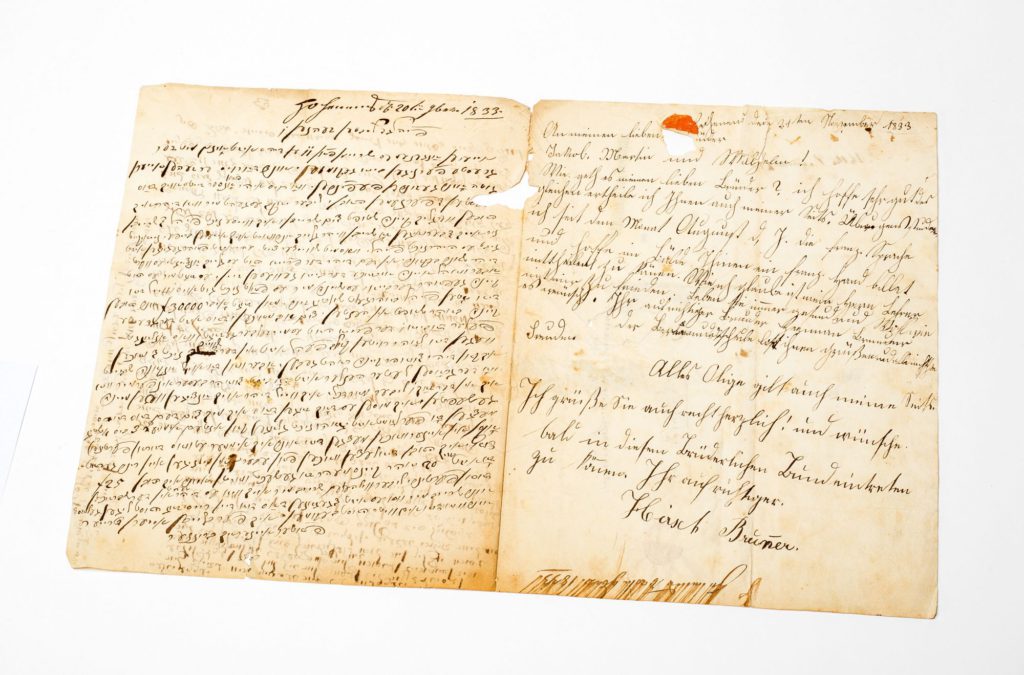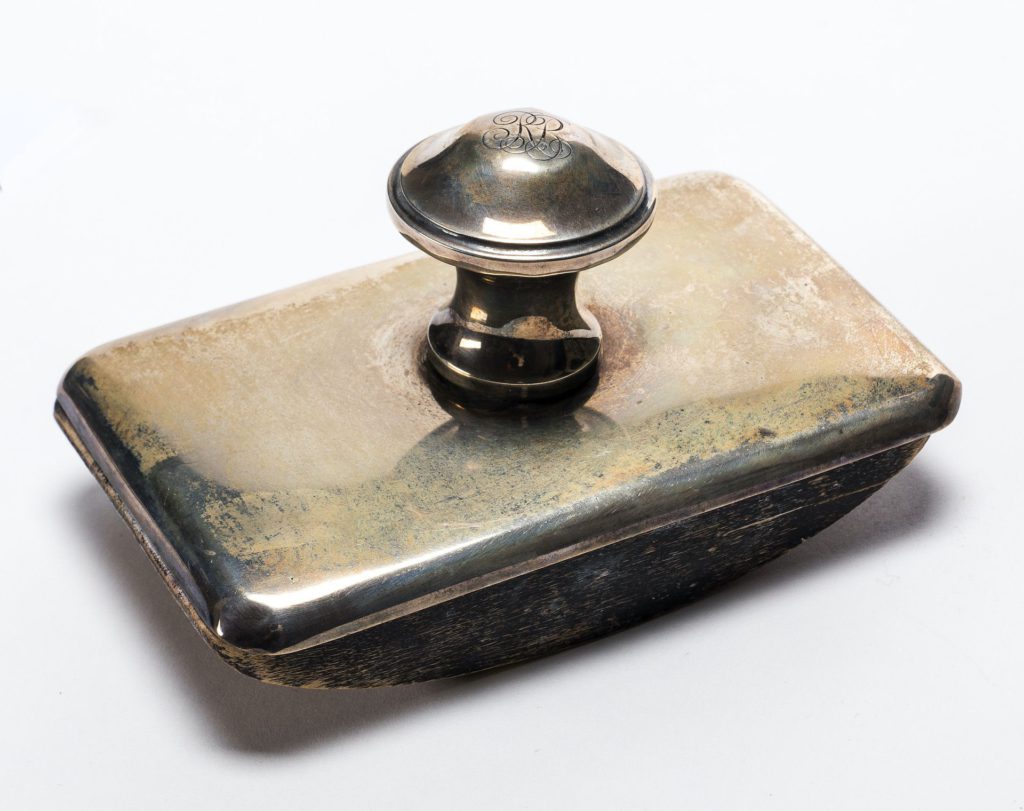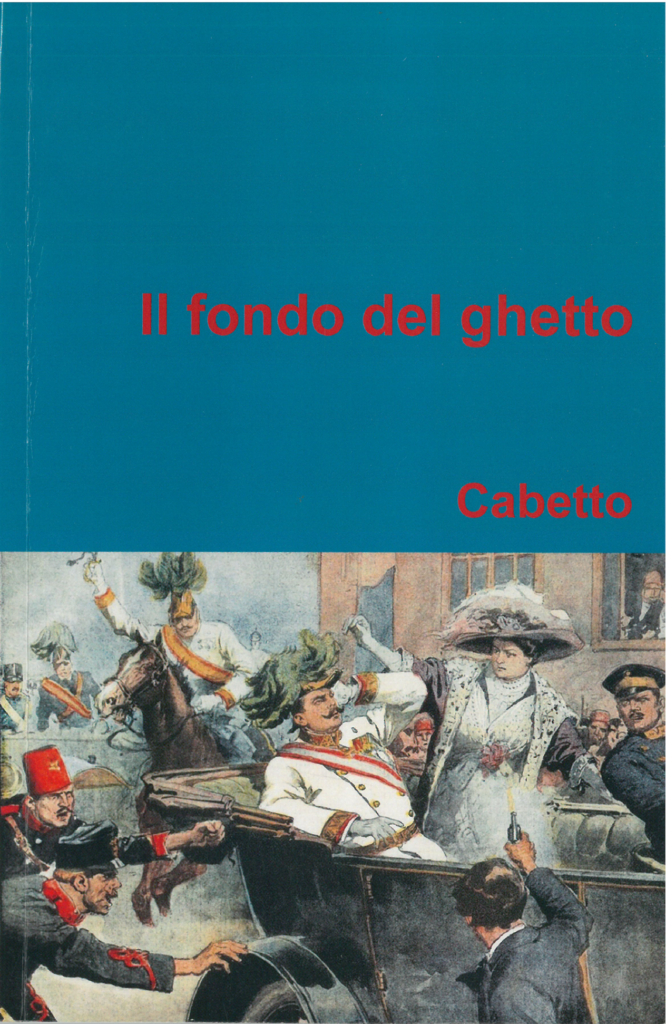European Diary, 3.10.2020: In Catania, the trial against the Italian ex-Minister of the Interior Matteo Salvini for deprivation of liberty begins today with the hearing of the radical right-wing leader, who is now in opposition. In July 2019, Salvini had refused a ship of the Italian coast guard entry into the port of Augusta in Sicily. The ship carried 131 boat refugees rescued from maritime distress. The competent court in Catania considered this a crime of deprivation of liberty, punishable by a maximum sentence of 15 years in prison. In February, a majority of the Roman Senate voted to lift Salvini’s immunity – when the coalition between Salvini’s right-wing Lega Nord and the Five-Star Movement was already history. Salvini, who crashed in the polls in the wake of the Corona crisis, is in any case using the process for his permanent election campaign. For days he has been mobilizing in Sicily with flaming speeches and Verdi arias from the tape. “Vincerò” – “I will win”. He had only defended the borders and the honor of Italy by taking 130 people hostage in his right-wing extremist politics. A conviction of Salvini is nevertheless considered unlikely – and so the trial will probably also help him to work on his comeback.
European Diary, 3.10.2019: The captain of the sea rescue vessel Sea-Watch 3, Carola Rackete, today gave a speech to the European Parliament in Brussels, at a hearing of the Committee on Home Affairs – and received a standing ovation from part of the MEPs. The Austrian Broadcast ORF reported in detail about this unusual event on the same day:
“‘I was received like a ship bringing the plague to Europe,’ Rackete said on Thursday in the Parliament’s Committee on Internal Affairs. ‘It was hard to be an EU citizen these days. I was ashamed.’
Rackete’s hearing took place on the sixth anniversary of the Lampedusa refugee tragedy in which 366 people died. While the deputies commemorated the tragedy with a minute’s silence, Rackete stressed that not much has changed since then.
The German activist vividly described her experiences as a rescuer at sea, for example when her ship hit a wreck around which bodies were floating. Some had held each other in their arms as they died, ‘the bodies inseparably connected’. She also saw three children ‘holding the body of a baby in their arms. Then some sang for this baby and rocked it as if it was still alive.
None of these experiences were as bad as the ‘frustration’ of spending 70 days with rescued people on the Sea-Watch 3 in the Mediterranean ‘and explaining to people that Europe didn’t want them, Europe, the symbol of human rights’. In this context, Rackete once again defended her decision to go to the port of Lampedusa. This was not a provocation’, said Rackete. ‘I should have done it much earlier’, said Rackete, referring to the protection of human life. ‘Yes, I would do it again any time. People die every day, of course I would do it again,’ she later replied to a corresponding question.
When she landed in Lampedusa against the will of the Italian government, she received ‘a lot of unwanted attention’, Rackete told the MPs. But where were you when we called for help through all possible channels, where were you when we asked for a safe place? If we are really concerned about torture in Libya, Europe must stop cooperating with the Libyan coast guard,’ Rackete demanded, to the applause of the MEPs.
Six years have passed and instead of avoiding similar tragedies, the EU has externalised its responsibilities and delegated them to Libya in violation of international law. But there is ‘hope’, namely the actions of civil society organizations.
Rackete called for a radical change in the way migration is handled. A reform of Dublin is ‘long overdue’, she said, and humanitarian corridors and safe and legal routes to Europe are needed. A landing of rescued persons must be in accordance with the law and must not be left to ad hoc negotiations.
‘After my arrest, there was great interest in sea rescue. I hope that this will be reflected in the deeds. I hope for real progress and not that it will become even more difficult for me and many organizations,’ said Rackete. ‘We must be careful about what is negotiated in the coming weeks and make sure that our demands are enforced,’ she urged MEPs.
At the hearing, representatives of Frontex, the EU Commission, the EU Fundamental Rights Agency and Italian coast guard captain Andrea Tassara made it clear that the rescue of refugees in the Mediterranean should not be criminalized. However, differences emerged during the debate. Conservative members of parliament insisted on putting a stop to the smugglers. Frontex director Fabrice Leggeri repeatedly avoided the question of whether he considers Libya a safe third country.
The Director for Migration of the EU Commission, Michael Shotter, pointed out that since June more than 1,000 people have already been able to land and have been distributed to other member states and Norway in ad hoc actions. ‘We now need a reliable and continuous search and rescue operation instead of ad hoc actions,’ said Shotter. It is therefore ‘important’ that after the Malta agreement, other member states participate and show ‘solidarity’.
The chairman of the interior committee, Spanish Socialist Juan Fernando Lopez Aguilar, also insisted on clear rules that prevent the criminalization of sea rescue. The committee will draft a resolution on this issue, which will be adopted at the next plenary session of the European Parliament.
MEPs from right-wing populist parties, such as the Slovakian Milan Uhrik, who himself suggested that Rackete himself should leave for Africa, countered this. I can only identify with Salvini, who says you should be in prison,’ said the member of parliament for the ‘People’s Party – Our Slovakia’. The German right-wing populist Nicolas Fest followed up by asking Rackete if she considers it part of her mission to ‘endanger the lives of Europeans by infiltrating torturers and terrorists’. In the debate, ÖVP delegation leader Karoline Edtstadler voiced little veiled criticism of the activities of the sea rescue workers. I simply wonder how we are going to end this business if the rescue is still the ticket to Europe,” said the former state secretary on the question of the ‘pull factor’ of rescue operations. The EU should not allow itself to be ‘divided into good and bad states’, Edtstadler demanded the establishment of a system ‘that does not play into the hands of the wrong people’.
SPÖ MEP Bettina Vollath demanded an end to the criminalization of sea rescue workers. It can never and under no circumstances be criminal to help people in need, but it is a moral and legal obligation,” she emphasized in a statement referring to current figures of the United Nations, according to which this year already more than 1,000 people have drowned in the Mediterranean Sea and since the beginning of 2014 more than 15,000 people. ‘Legal entry routes, fast and legally secure procedures and local help are needed to combat the causes of flight’, she stressed.
Monika Vana, head of the Austrian delegation of the Greens, wants to launch an EU sea rescue programme. ‘The Mediterranean is a mass grave for those in need of protection, that is a disgrace for the entire EU’, Vana told ORF.at. She is in favor of legal and safe entry into the EU. The trade of smugglers must be stopped and safe escape routes must be created. The EU-Council has to agree to the Frontex-Fund ‘Search and Rescue’, which was proposed the day before yesterday by the budget committee of the European Parliament, demanded Vana.
According to MEP Erik Marquardt of the German Greens, ‘humanitarian aid became part of a political game’: ‘The EU should send ships to the Mediterranean to save people. This is not only a responsibility of the Commission, but of each member state. It is not only the people who are drowning in the Mediterranean, but also our European values’, said Marquardt.” (Source: https://orf.at/stories/3139594/)

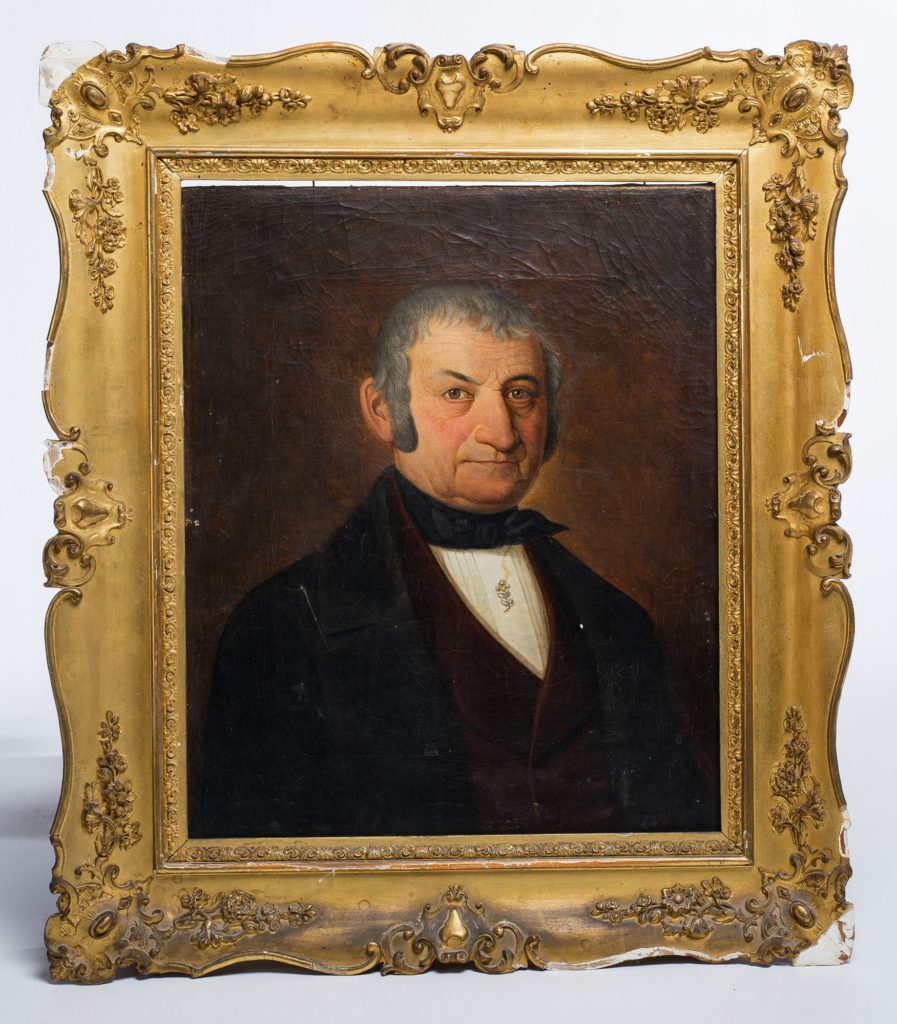
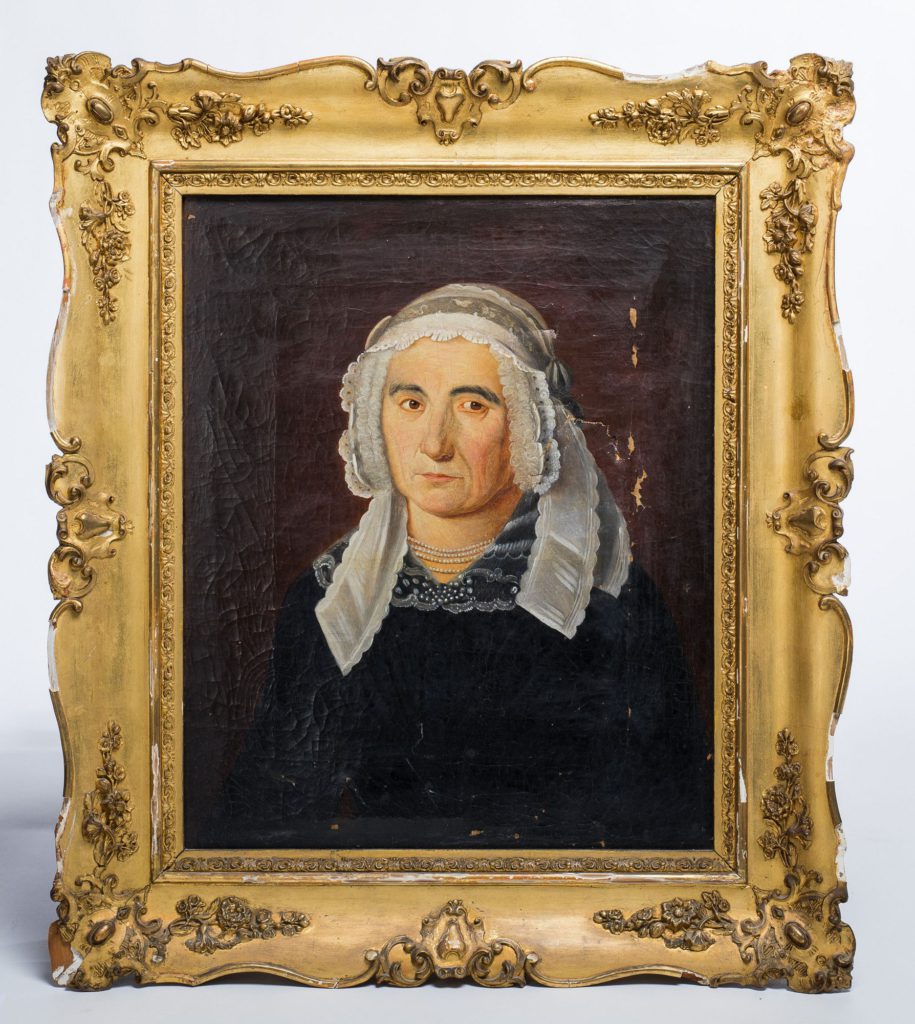 Portrait of Helene Brunner, about 1830, Jewish Museum Hohenems, Carlo Alberto Brunner Estate
Portrait of Helene Brunner, about 1830, Jewish Museum Hohenems, Carlo Alberto Brunner Estate
